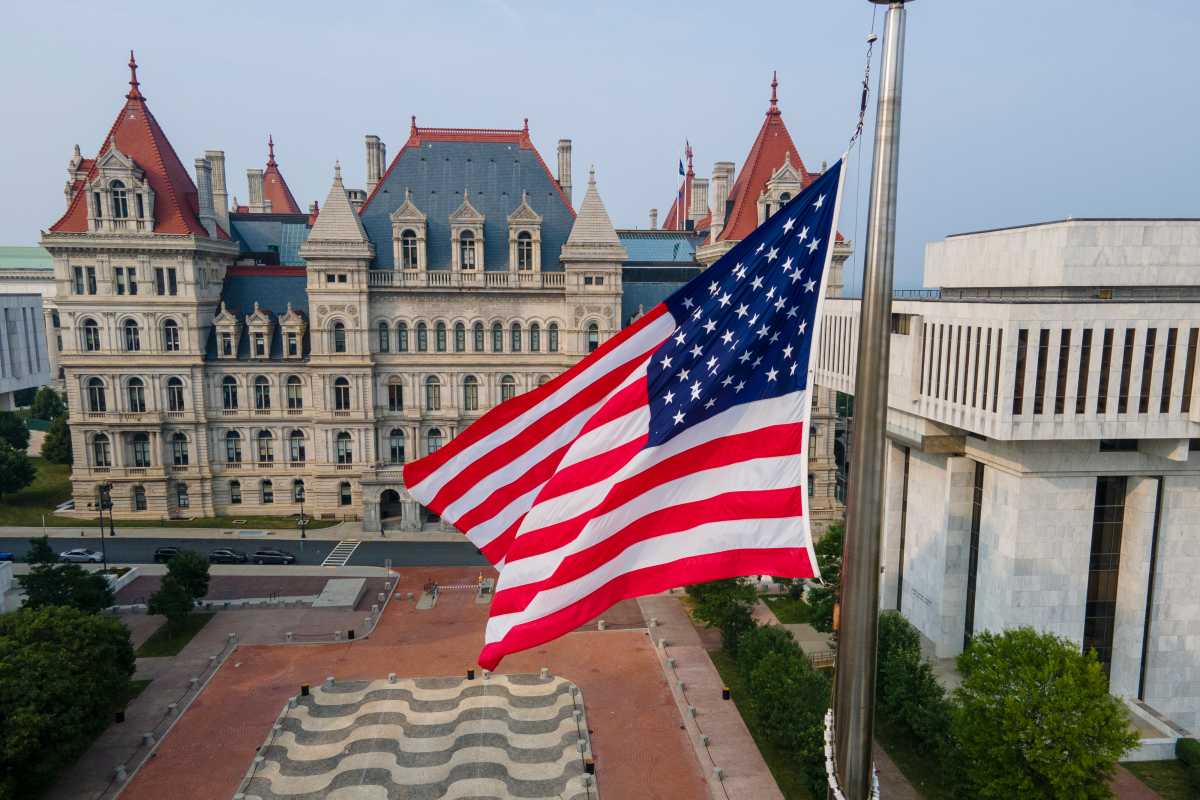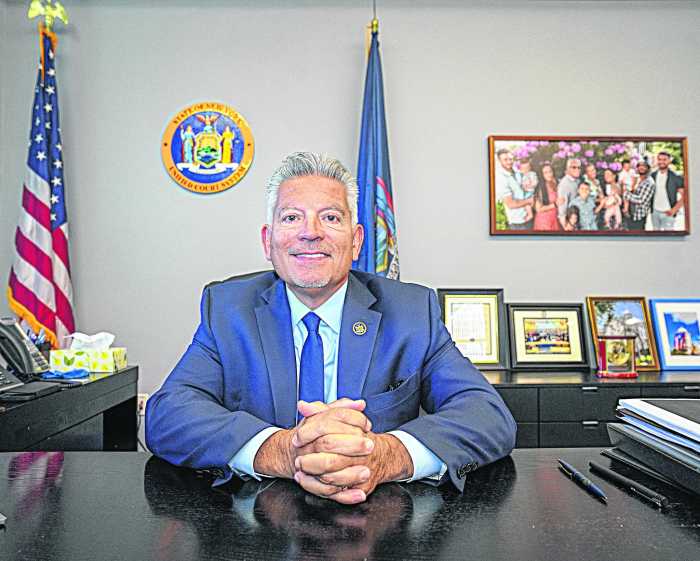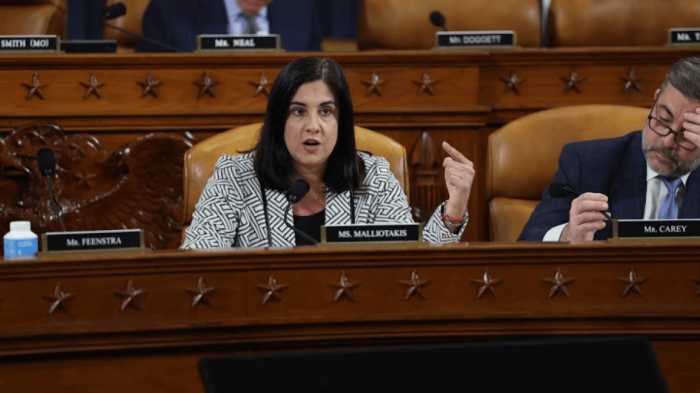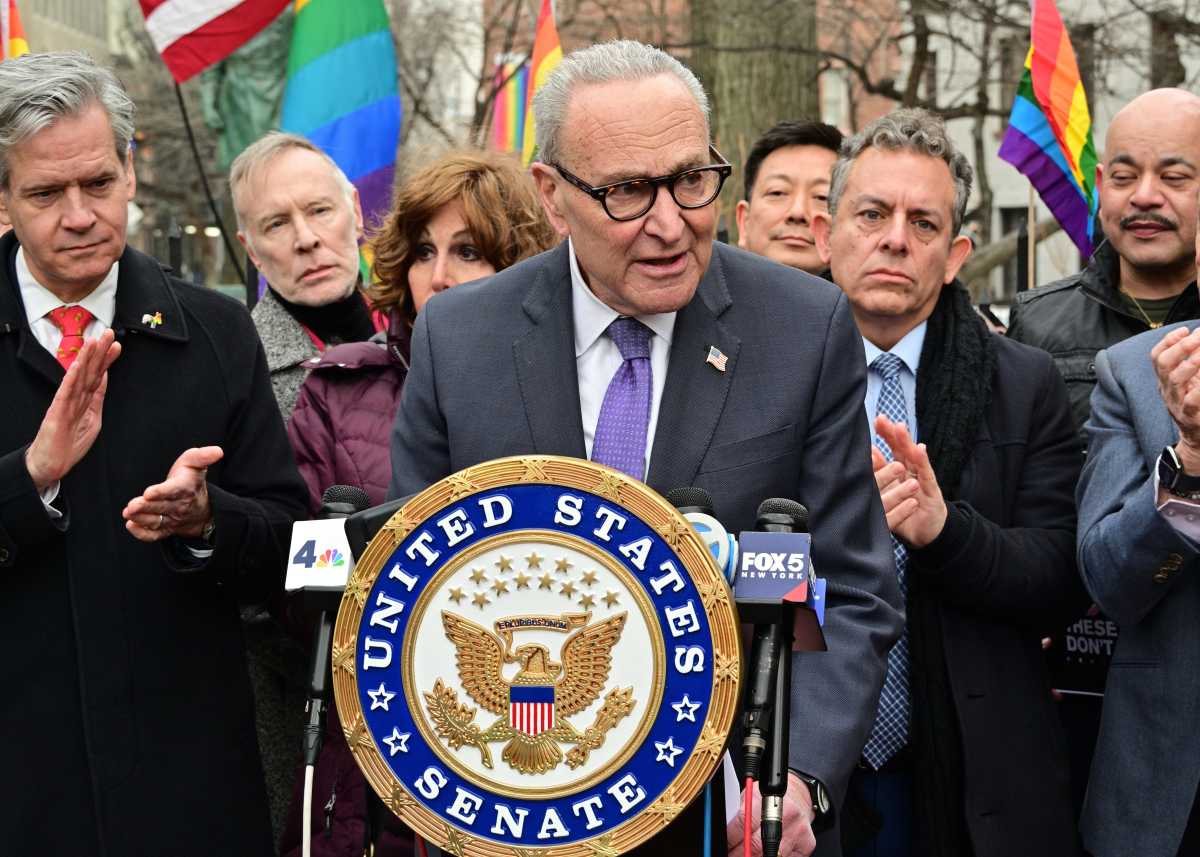Excessive litigation increases costs throughout the supply chain and across the economy. Litigation costs send insurance premiums skyrocketing, inflate the price of goods and services, frighten innovators from introducing new products, and undermine job growth and economic development. If policymakers are truly interested in building a more affordable New York, they should set their sights on reining in the Empire State’s notoriously litigious environment. Unfortunately, lawmakers continue to introduce bills that would make it easier — and more profitable — to sue.
As part of this effort to build a more litigious New York, legislators are increasingly adding private rights of action to the measures they introduce. These provisions — legal mechanisms that allow trial attorneys to cash in on lucrative “no-injury” enforcement lawsuits — are consistently tacked onto bills covering complex policy areas. It seems that if legislators had their way, energy policy, innovation policy, and even housing policy would all be outsourced to profit-motivated law firms.
But we’ve seen how dangerous that can be. Texas has taken this concept to the extreme with its abortion law — a vile use of the civil justice system that deputizes individuals to invade the privacy of women seeking reproductive healthcare. These laws turn the courts into a bounty-hunting enterprise. Now, lawmakers around the nation are cynically copying its structure to grab headlines by applying it to big-ticket issues like climate change and emerging technologies.
A new report from the Progressive Policy Institute, “Artificial Intelligence, Not Artificial Litigation,” warns that this trend will undermine our leadership in innovation. When governments hand enforcement over to for-profit lawyers, they don’t get accountability — they get abuse. These firms don’t want justice, they want money. The report makes clear that when it comes to epoch-defining technologies like AI, the last thing we need is zealous lawyers chasing our most innovative startups out of state and overseas.
Under this private enforcement model, consumers rarely see any benefit. Most members of a class action lawsuit never even know a case was filed, while attorneys collect millions in fees and funnel leftover settlement funds — known as cy pres awards — to advocacy groups that lobby for more lucrative causes of action. It’s a self-sustaining, litigation-fueled merry-go-round.
If lawmakers follow this path to regulate AI, startups and research institutions would face a torrent of lawyer-driven claims, not because they did something wrong, but because they exist in a field trial lawyers see as the next big payday.
The Americans with Disabilities Act was enacted with the best of intentions, but its private right of action has been distorted by unscrupulous attorneys. A handful of lawyers have turned ADA lawsuits into a cottage industry. As one Brooklyn judge notes, these cases are “an exercise in shooting ducks in a barrel — marginal businesses that barely have enough funds to defend themselves.” Most ADA suits are resolved out of court because fighting them costs more than settling to make the lawyers go away.
In Albany, lawmakers have introduced bills to outsource enforcement to private law firms for everything from sidewalk sheds to AI models — just as PPI’s authors warn against.
Notably, a so-called climate accountability bill is modeled directly after Texas’s abortion law. It would allow anyone to sue energy companies for damages they believed were linked to climate change. This isn’t serious climate policy, and it won’t do anything to protect the public. If anything, it will enrich lawyers while the average person watches their energy bill balloon. Thankfully, that bill has not advanced in the legislature, but the impulse to replicate Texas’s bounty-style system remains alive and well.
As the 2026 legislative session approaches, Albany should make a simple commitment before gavels strike: no new private rights of action, and don’t expand existing ones.
Tom Stebbins is executive director at the Lawsuit Reform Alliance of New York.






































